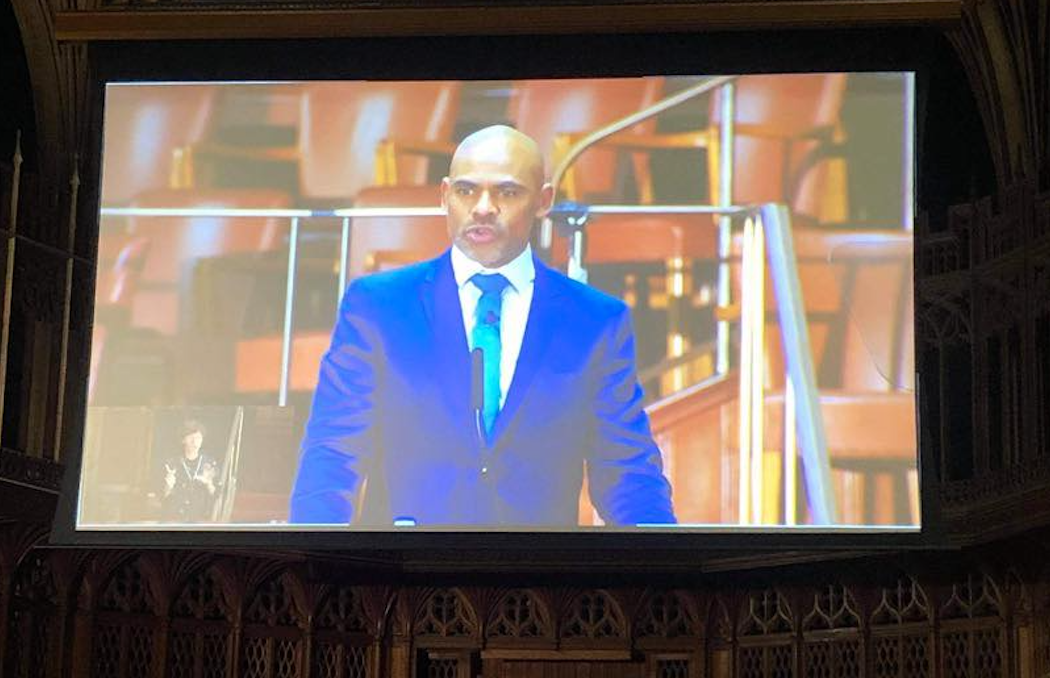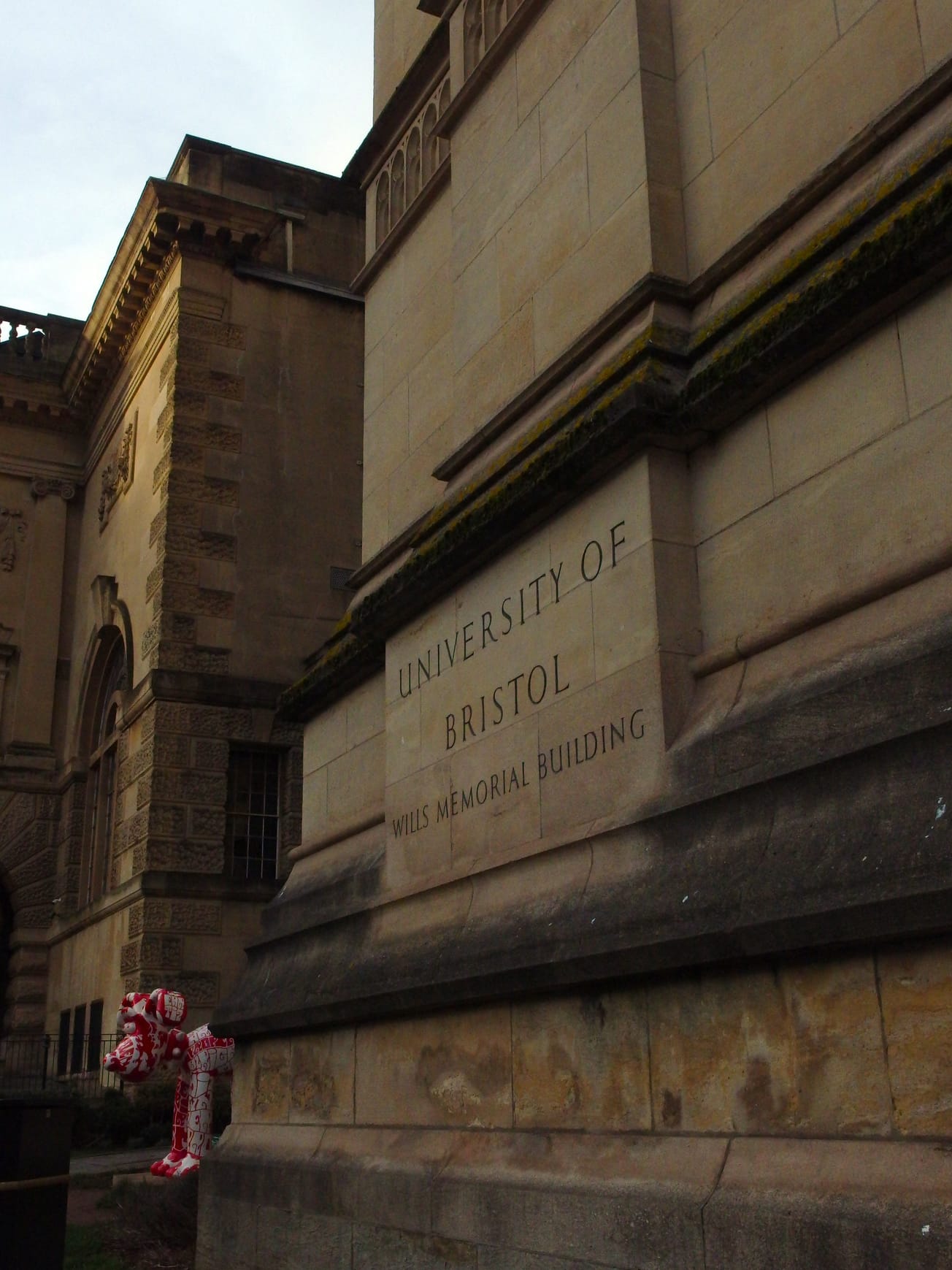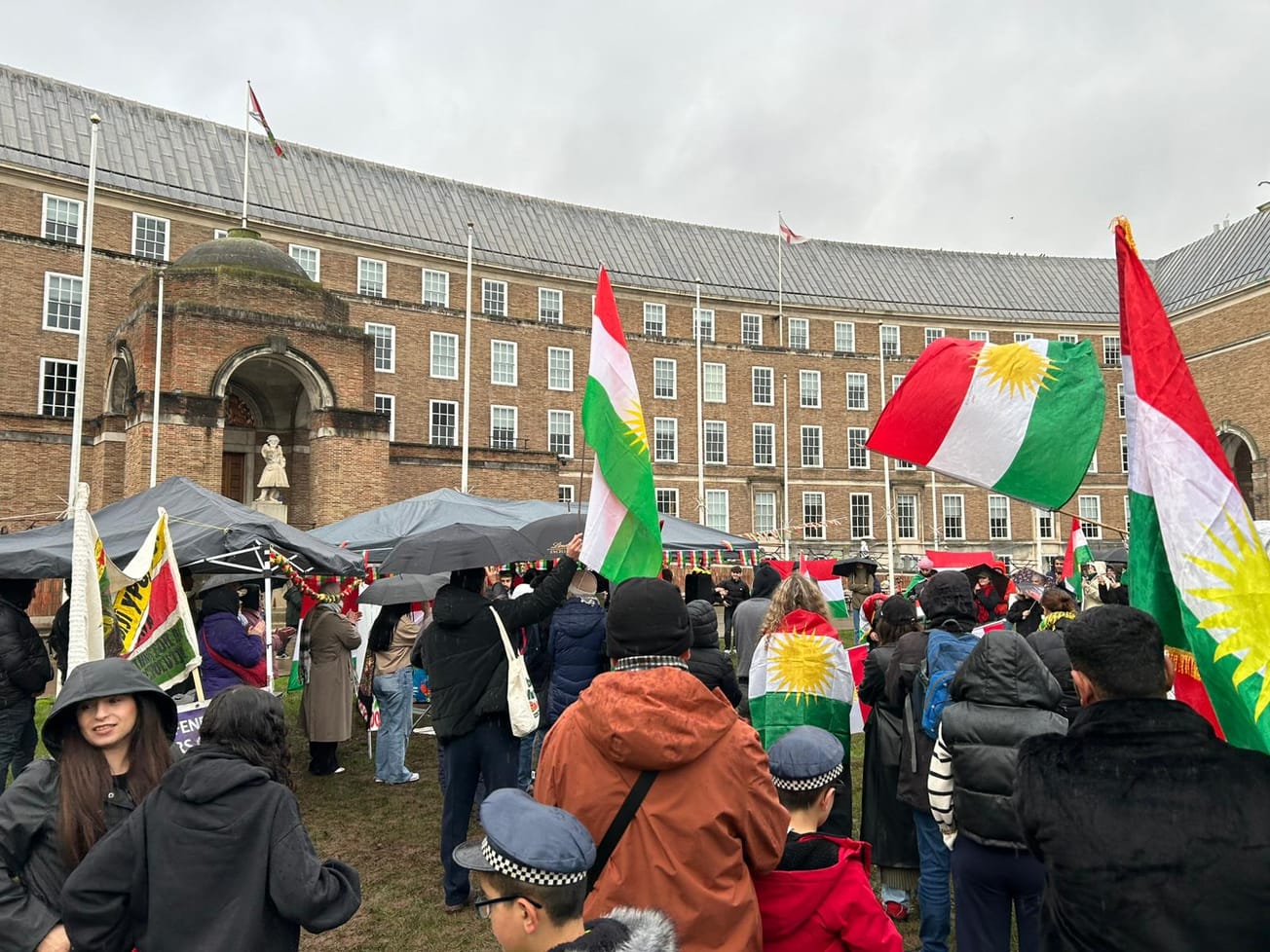By Jess Millson, Co-Deputy News Editor
Mayor Marvin Rees speaks on the impact of Covid-19 and the climate emergency on Bristol, and discusses how we can build an ‘open, tolerant, and inclusive city’.
Marvin Rees opened the talk by discussing the young man killed in Bristol last week. Mayor Rees said ‘we all have very different experiences in Bristol and we must respect those differences if we are serious about building an inclusive city.’
The talk centred around this idea of inequality in Bristol and how Rees and the Council are taking steps to unite the city against inequality, COVID-19 and the climate crisis, and how inequality is often the reason that the impact of the other two issues is so severe.
Bristol’s One City Climate Strategy intends to make the city carbon neutral and climate resilient by 2030. Rees detailed some of the steps included in the plan, including: putting 22 billion pounds into heat protection in homes, 1 billion pounds to support smart energy, Flood protection schemes and flood defences for vulnerable areas, planting 25,000 trees, financial support to buy electric vehicles and the input of wind turbines in Weston. Rees even suggested to the Council that Park Street should be closed to private vehicles to lessen the inner-city traffic.
Marvin Rees has started his annual State of the City address: “The mayoral position isn’t mine. It’s loaned to me by you, and I thank you for entrusting it into my care again.” 📸 @SaskiaAlice pic.twitter.com/K8XG03wDN5
— Martin Booth (@beardedjourno) October 20, 2021
‘Climate change will be won or lost in cities’
The Council have already begun following this plan. The Mayor plans to stick to Clean Air for Bristol’s suggestion that, from Summer 2022, there will be a daily charge or older or more polluting vehicles driving through the city centre. When questioned, Rees replied that ‘hard cash’ is the primary problem in the way of him carrying out his plans.
In 2019, Bristol City Council decided to host the band Massive Attack at Filton Airfield, renovating the disused site for music, rather than following the plan to build a new stadium in the city. The stadium, YTL, is solar panelled, uses sustainable water supplies.
Another main focus of the talk was the socio-economic divide in Bristol and how it has been aggravated by the pandemic.
‘The city again faces a challenge of an underfunded council budget [with a] shortfall of 42 million pounds’
In terms of activism, Rees was very positive. He paid thanks to Bristol History Commission who displayed the Colston statue at M Shed with learning resources regarding the Black Lives Matter movement.
He explained that, ‘Covid has accelerated the already increasing demand for adult social care at the same time as the cost of care services has increased. We’ve had a 21 per cent increase in mental health demand at a cost of £4million a year. There’s been a £45 per person per week increase in unit costs for Learning Disability services resulting in costs increasing by more than £3million per year.’
Following the Black Lives Matter protests in Bristol, the History Commission have set up a scheme that helps people discover ‘their own personal histories’. Mayor Rees stated: ‘I’ve started to look at my own family tree [and] met with many members of my Jamaican family’ and stated that he had discovered his great great great grandfather was Samuel Richardson.
‘Those histories will make us more Bristol’
The phrases ‘build back’, ‘return’, and ‘normality’ have been thrown around throughout the COVID-19 pandemic, but Marvin Rees argued that we shouldn’t be rebuilding a broken system. He stresses that now is the time for systemic change. When discussing ‘How do we create something better beyond covid?’ the panel argued that ‘some of us will have to lose out.’ They questioned whether we are bold enough to change the system and said that if there was a place where this could be achieved, Bristol is that place.
Featured Image: Epigram / Jess Millson
Did you attend Mayor Rees' State of the City address at Wills Memorial Building?









